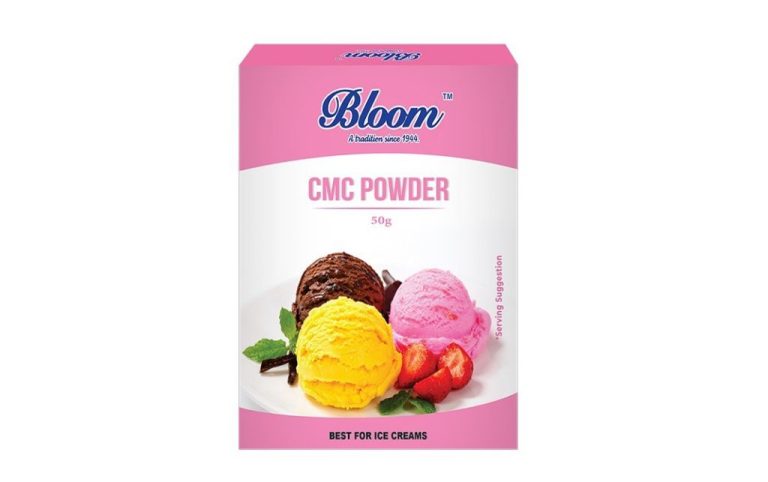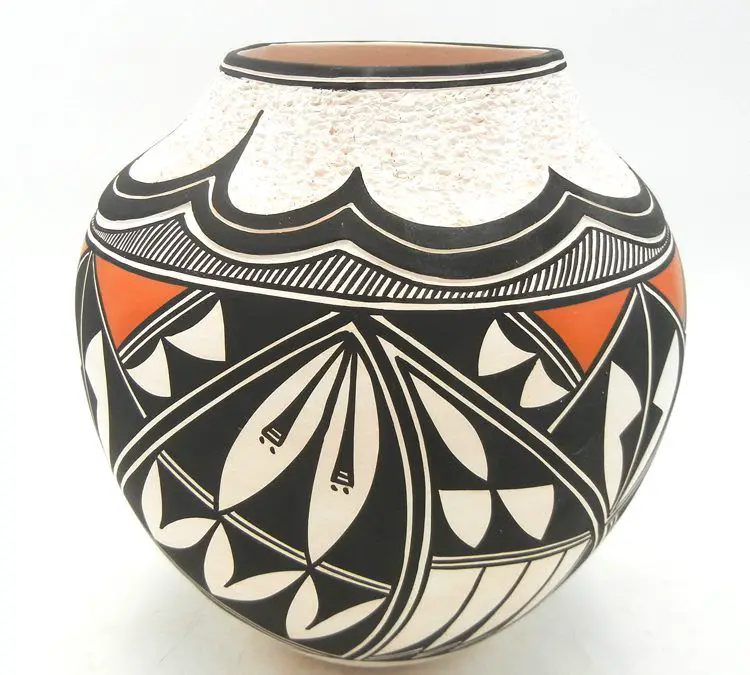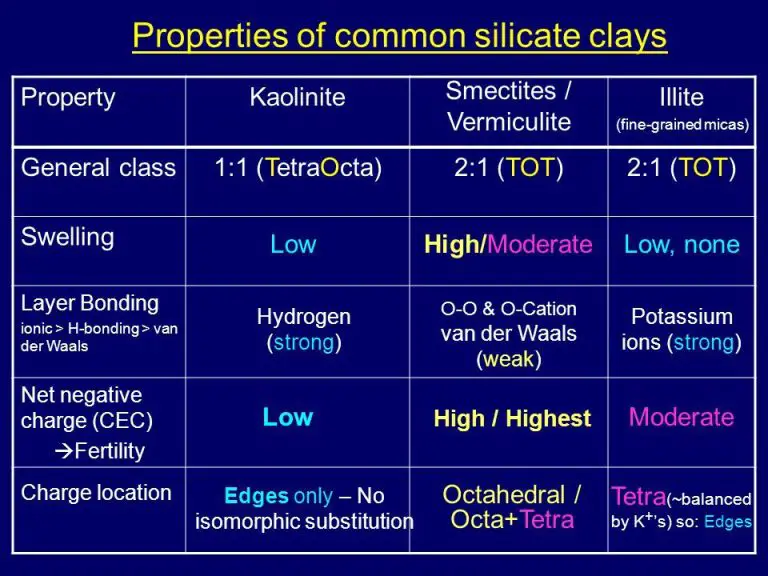Who Should Not Use Bentonite Clay?
Bentonite clay is a type of clay formed from the alteration of volcanic ash. It is composed predominantly of the clay mineral montmorillonite and is named after Fort Benton, Wyoming where it was first discovered. Bentonite clay is known for its ability to absorb toxins and impurities. It has a negative electrical charge which allows it to bind to positively charged toxins and metals in the body. When mixed with water, bentonite forms a thick gel which adheres to the intestinal walls, helping to remove waste and toxins. Some of the proposed health benefits of bentonite clay include clearing skin irritation, soothing digestive issues, and detoxification. However, the evidence for many of these benefits is limited. https://en.wikipedia.org/wiki/Bentonite
Pregnant Women
Bentonite clay contains trace amounts of lead that could be harmful to a developing fetus (Motherfigure, 2022). During pregnancy, lead ingestion should be avoided as much as possible due to the adverse effects it can have on fetal development. Even small exposures can be dangerous.
According to the Centers for Disease Control and Prevention (CDC), lead exposure during pregnancy can result in miscarriage, preterm birth, low birth weight, and minor birth defects. Lead can also cross the placental barrier and cause developmental delays and neurobehavioral effects in children (CDC, 2022).
The primary concern with bentonite clay is that trace amounts of lead could be ingested or absorbed through the skin. Facial masks and other topical applications of bentonite clay should be avoided during pregnancy unless advised as safe by a doctor.
Pregnant women, especially in the first trimester, should not use bentonite clay internally or externally due to the potential developmental risks. There are safer alternatives for managing symptoms like heartburn that do not pose risks of fetal lead exposure.
Children
Bentonite clay may pose health risks to children due to potential lead exposure. Some bentonite clay products have been found to contain high levels of lead, which can be harmful if ingested, especially by young children.
According to the FDA, products such as “Best Bentonite Clay” have tested positive for elevated lead levels and can cause lead poisoning in children if ingested (FDA, 2016). Lead is a heavy metal that is unsafe at any level of exposure for children. It can impact brain development and cause neurological damage.
Due to the potential for lead contamination, health experts recommend avoiding giving bentonite clay internally to children unless advised by a doctor. However, external use such as in baths is likely safe if lead contamination is not a concern (Growing Up Herbal, 2019). Still, consult a pediatrician before introducing any new supplement or skin product to children.
People with Bleeding Disorders
Bentonite clay may act as a natural blood thinner due to its ability to absorb toxins and impurities from the bloodstream (https://www.webmd.com/a-to-z-guides/bentonite-clay-benefits). Studies have shown that bentonite clay can help decrease bleeding and clotting time (https://www.ncbi.nlm.nih.gov/pmc/articles/PMC5632318/).
Therefore, people with bleeding disorders like hemophilia or von Willebrand disease may want to avoid using bentonite clay, as it could worsen bleeding risks. The blood thinning effects of bentonite clay could also interfere with medications prescribed to control bleeding disorders. It’s best for those with clotting deficiencies to consult their doctor before using bentonite clay.
People Taking Medication
Bentonite clay can interact with certain medications by binding to them and preventing proper absorption. The strong adsorbent properties of bentonite clay allow it to absorb and inactive many substances (Devreese, 2012).
Specifically, bentonite clay may reduce absorption and effectiveness of tetracycline antibiotics, heart medications like digoxin, and thyroid hormones (Supplements.selfdecode.com, 2023). The clay can bind to these drugs in the gastrointestinal tract, essentially pulling the medications out of the body before they can be fully absorbed.
For individuals taking any oral prescription drugs, it is best to avoid using bentonite clay or check with your doctor first. Bentonite clay may deactivate medications and lead to potentially dangerous reductions in therapeutic levels of important drugs.
People with Low Iron
Bentonite clay can bind to nutrients like iron and prevent their absorption (Moosavi, 2017). This is especially concerning for those already suffering from low iron or anemia. Kaolin, another type of healing clay, has been reported to cause iron deficiency anemia when taken internally over long periods (Attarha, 2021). Bentonite likely poses similar risks, as its adsorptive properties can strip iron from the digestive tract before it can be absorbed.
For those with anemia or iron deficiency, bentonite clay could worsen the condition, leading to fatigue, weakness, and other symptoms. It may also reduce the effectiveness of iron supplements or other treatments for anemia (Anemia, n.d.). Therefore, bentonite clay should be avoided in those already diagnosed with low iron levels or anemia, especially without medical supervision.
People with Gastrointestinal Issues
Bentonite clay can cause constipation or diarrhea in some people with gastrointestinal issues. The clay absorbs water as it moves through the digestive tract, which can make stools harder and more difficult to pass if a person already tends toward constipation (1). Conversely, bentonite clay may also cause loose stools or diarrhea in some cases by irritating the intestinal lining or altering gut bacteria (2).

People with a history of gastrointestinal disorders like irritable bowel syndrome (IBS), inflammatory bowel disease (IBD), diverticulitis, or other conditions affecting the digestive tract should use caution with bentonite clay. It may exacerbate existing symptoms of abdominal pain, bloating, constipation, or diarrhea (3). Those with gastrointestinal issues should start with a low dose and stop using bentonite clay if any discomfort develops.
Additionally, oral bentonite clay should be taken separately from medications or supplements, as the clay can reduce absorption of other ingested substances. For those taking medication to manage gastrointestinal issues, bentonite clay may interfere with proper medication absorption if taken at the same time (4).
Sources:
(1) https://www.verywellhealth.com/bentonite-fact-sheet-89041
(2) https://www.medicalnewstoday.com/articles/325241
(3) https://www.ncbi.nlm.nih.gov/pmc/articles/PMC5632318/
(4) https://www.verywellhealth.com/bentonite-fact-sheet-89041
People with Skin Conditions
Bentonite clay can help soothe some skin conditions like eczema due to its ability to absorb toxins and reduce inflammation. However, bentonite clay may exacerbate other skin conditions. According to psolace.co.uk, bentonite clay is not recommended for people with psoriasis, open wounds, sunburns, or rashes as it can further irritate and dry out these sensitive skin conditions.
The clay’s drying effects can worsen flaky, itchy skin symptoms associated with psoriasis and other conditions. Bentonite clay may also trap bacteria in open wounds and prevent proper healing. People with skin conditions should consult their dermatologist before using bentonite clay, especially on open or irritated areas prone to flares.
People Allergic to Clay
Although rare, some individuals may be allergic to bentonite clay. Allergic reactions can manifest as skin rashes, itching, or respiratory symptoms like sneezing or a runny nose. Bentonite clay allergy symptoms usually start within minutes to hours after exposure. If a rash, itching, trouble breathing, or any other concerning symptoms develop after using bentonite clay, seek medical care immediately, according to Medical News Today.
Anyone with a known allergy to bentonite clay should avoid using it. You can test for an allergy by doing a patch test on a small area of skin before applying it more broadly. Mix a small amount of bentonite clay with water and place it on the inside of the elbow or wrist for at least 24 hours. If any redness, itching, or other irritation develops during this period, it likely indicates an allergy. According to Longevity Technology, discontinue use if any negative reaction occurs.
Conclusion
In summary, certain groups of people should avoid using bentonite clay or use it with caution:
- Pregnant women, due to potential fetal lead exposure from contaminated clay
- Children under 6 years old, as their bodies are more vulnerable to toxins
- People with bleeding disorders like hemophilia, as clay may prevent proper blood clotting
- Those on medications that the clay could interact with and reduce effectiveness
- Individuals with low iron levels or anemia, since clay can further reduce iron absorption
- People with GI conditions like Crohn’s disease or ulcers, because clay may irritate the gut
- Those with chronic skin conditions like eczema, since clay masks can trigger flares
- Anyone allergic to bentonite clay or other clay products
In general, consult a doctor before using bentonite clay if you have an existing health condition or take any medications.




